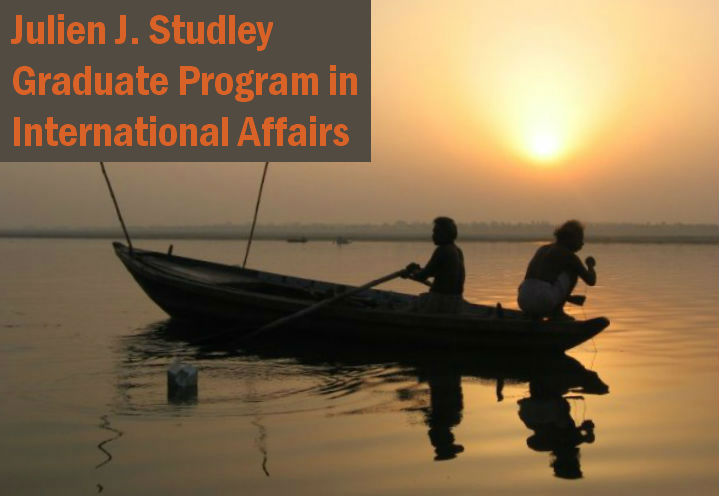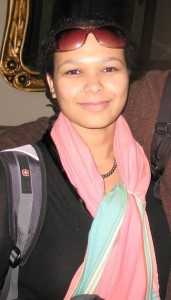 GPIA student Brianna Rowe, together with other Milano students and faculty, have created a project called Disappearing Elephants. The project began as a two-month collaboration between the WWF-Hong Kong and The New School University during the 2014 International Field Placement in Hong Kong. Brianna has continued to work on the project during the school year for her Practicum in International Affairs. In Fall 2014, the website was used to teach a semester-long course called “Disappearing Elephants” at International Community High School in the Bronx.
GPIA student Brianna Rowe, together with other Milano students and faculty, have created a project called Disappearing Elephants. The project began as a two-month collaboration between the WWF-Hong Kong and The New School University during the 2014 International Field Placement in Hong Kong. Brianna has continued to work on the project during the school year for her Practicum in International Affairs. In Fall 2014, the website was used to teach a semester-long course called “Disappearing Elephants” at International Community High School in the Bronx.
Disappearing Elephants is a website that outlines the economic and sociopolitical processes involved in elephant conservation. Through education, the goal is to tell the story of today’s threats to elephants and engage students in the global issues impacting conservation. The website packages media online for users to find information about elephants and the ivory trade, downloadable resources for educators to use in classrooms, an action plan for students to become socially engaged about the topic and a network to connect with others working on these issues.
Approximately 100 African elephants are killed everyday for their ivory. Complex criminal networks run the lucrative underground trade, smuggling illegal ivory through different cities before reaching China’s growing ivory market. Global efforts to control the illegal trafficking of ivory have failed to reduce poaching rates in recent years. Conservationists warn that at the current rates of poaching elephants will be extinct within a couple decades. The Asian elephant population is also highly threatened by human actions, with only 30,000 left.








 Ingrid Kvangraven, Economics PhD student and the teaching assistant for GPIA Professor Sakiko Fukuda-Parr’s Development Economics course, wrote a blog post for
Ingrid Kvangraven, Economics PhD student and the teaching assistant for GPIA Professor Sakiko Fukuda-Parr’s Development Economics course, wrote a blog post for 

